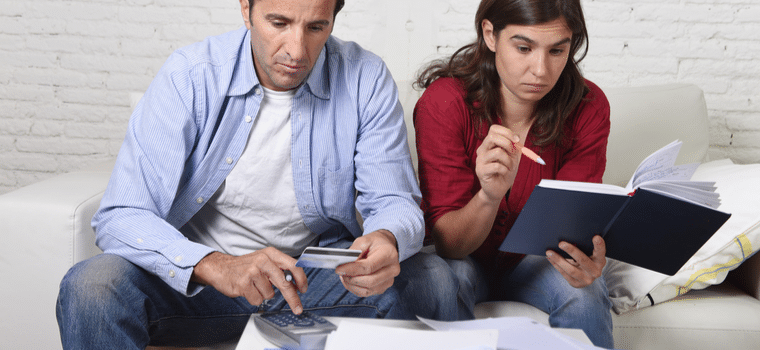Paying your monthly credit card bill before it is due will help keep your credit utilization ratio low, mitigate the impact of interest on purchases, and allow you to have available funds in case of emergency. Understanding the way credit card issuers bill cardholders underscores the advantages of early payment and the risks and costs of paying late or waiting until the last minute.
Ultimately, you should pay your credit card bill early if the situation warrants, but you should never put yourself in financial stress to do so.
The Benefits of Paying Early
There are several good reasons to pay your credit card bill early:
- If you pay early, you won’t pay late. You can avoid late payment by paying on the due date, as waiting for the last minute is risky. You might forget, or see something you can’t resist buying. If the bill is paid early, it’s out of the way, and there’s no temptation to use that money for something else.
- Paying your bill early and in full assures that you will not pay interest on your credit card for that payment period.
- You can help your credit utilization. Paying early helps to keep your balance low. That lowers your credit utilization ratio, which is the percentage of your credit limit that you actually use. Keeping your credit utilization ratio low is seen as positive by prospective lenders.
- Once you have paid off your balance, you have credit available to cover a large purchase without pushing your balance too high and potentially harming your credit utilization ratio. Keeping your available credit free helps you prepare for unexpected expenses.
You can help yourself to take advantage of these benefits by budgeting for a payment every month when your billing cycle closes, rather than when the bill is due.
How Does Credit Card Billing Work?
Every credit card has a billing cycle. Your first billing cycle starts on the day you get your card. Unless you have upfront fees or you transferred a balance, your balance will be zero. Your billing cycle will end on the same day each month.
When the billing cycle closes, you will be issued a statement detailing any charges, cash advances, or other payables you incurred during that cycle.
The statement will include a due date for paying any of the detailed charges. The due date must be at least 21 days from the end of the billing cycle and must fall on the same day every month. If you don’t make at least the minimum payment by the due date, the payment is considered late.
If you pay the minimum or more, but your payment is still less than the full balance, the unpaid balance will be carried over into the next billing cycle.
Account balances are not charged interest if you pay them in full on or before the due date. After the due date, interest will be charged on any balance you carry over to the next cycle.
Most cards allow you to check your balance and current charges by logging into your online account. Checking your account regularly will help you track your spending and spot any invalid charges or other issues.
You can make payments to your account at any time.
What Happens If You Pay Late?
Paying your credit card bill after the due date can hurt you in several ways:
- You will begin paying interest on the balance as soon as the due date passes. Some credit cards will impose a late fee or a higher penalty interest rate if you make a late payment.
- Your card issuer will probably charge a late payment fee.
- Your late payment may also trigger a higher interest rate called a penalty APR.
- The card issuer may report a late payment to a credit reporting company, which can do serious harm to your credit. Most card issuers won’t report a late payment until it’s 30 days overdue, but once it is late there is a risk that it will be reported.
Paying your entire balance on or before the due date will reduce or eliminate interest costs and protect your credit.
Can You Pay Too Early?
Any payment you make to your credit account will be used to pay off your balance. In that sense, you can’t pay too early. Your payment will always go toward reducing your balance.
You do need to pay attention to your billing cycle closing date. If you make a payment before the closing date, it will be credited to the previous billing cycle. The new billing statement may still have a minimum payment, and if you don’t pay that by the due date your payment may be classified as late.
It’s a good idea to check every billing statement, even if you believe that you have already paid the bill. If there’s a minimum balance listed you will need to pay at least that much, and paying the entire balance will avoid interest charges. Checking every credit card statement is also a great way to monitor your spending and catch any errors, duplicate charges or other issues.
When Should I Pay My Credit Card Bill?
The only wrong time to pay your bill is after the due date. That can lead to interest charges and penalties, and it can harm your credit.
Paying early will give you peace of mind, prevent accidental late payment, and avoid penalties. Paying your entire balance early will avoid any interest charges. Early payment can help your credit. Those advantages combine to make early payment a winning strategy.




